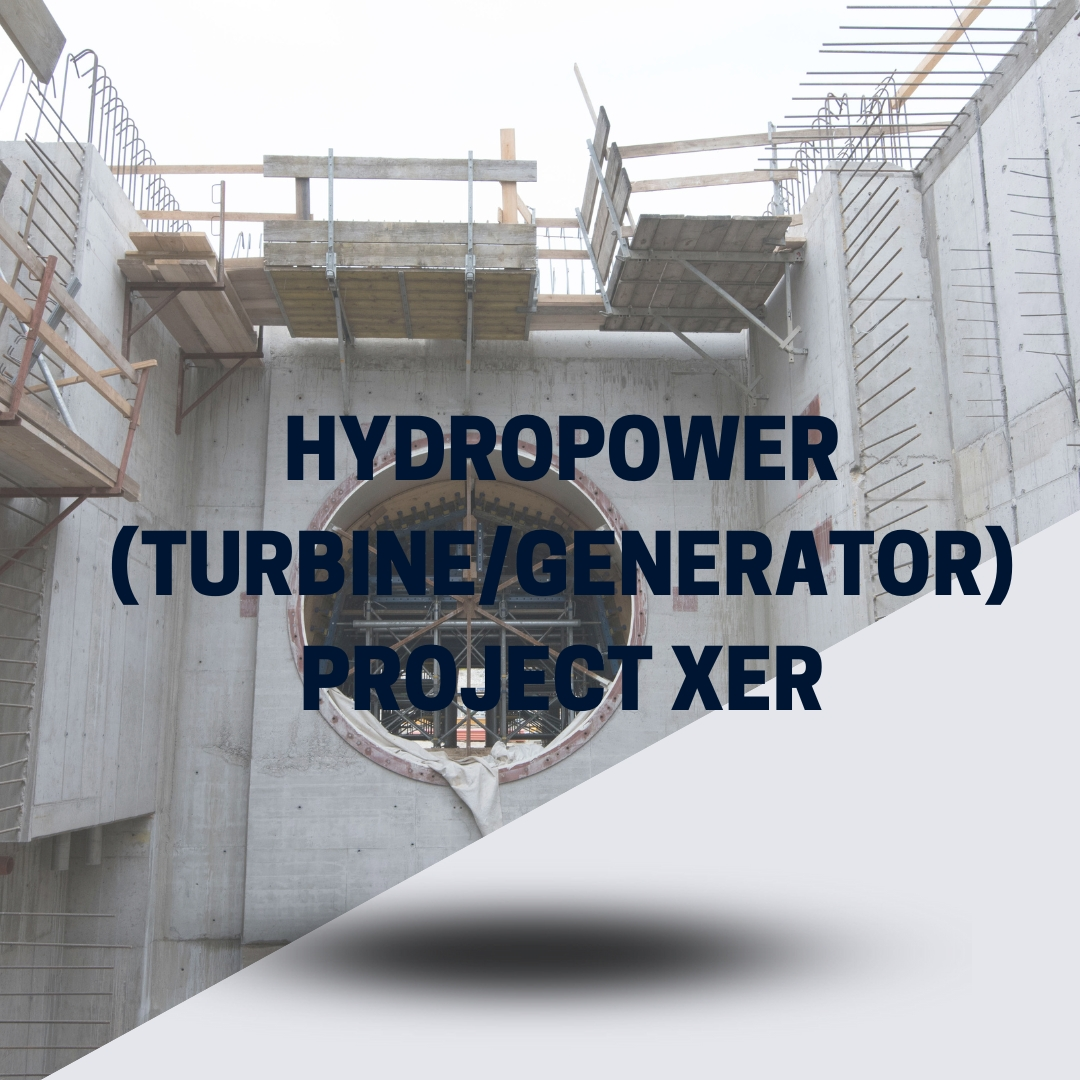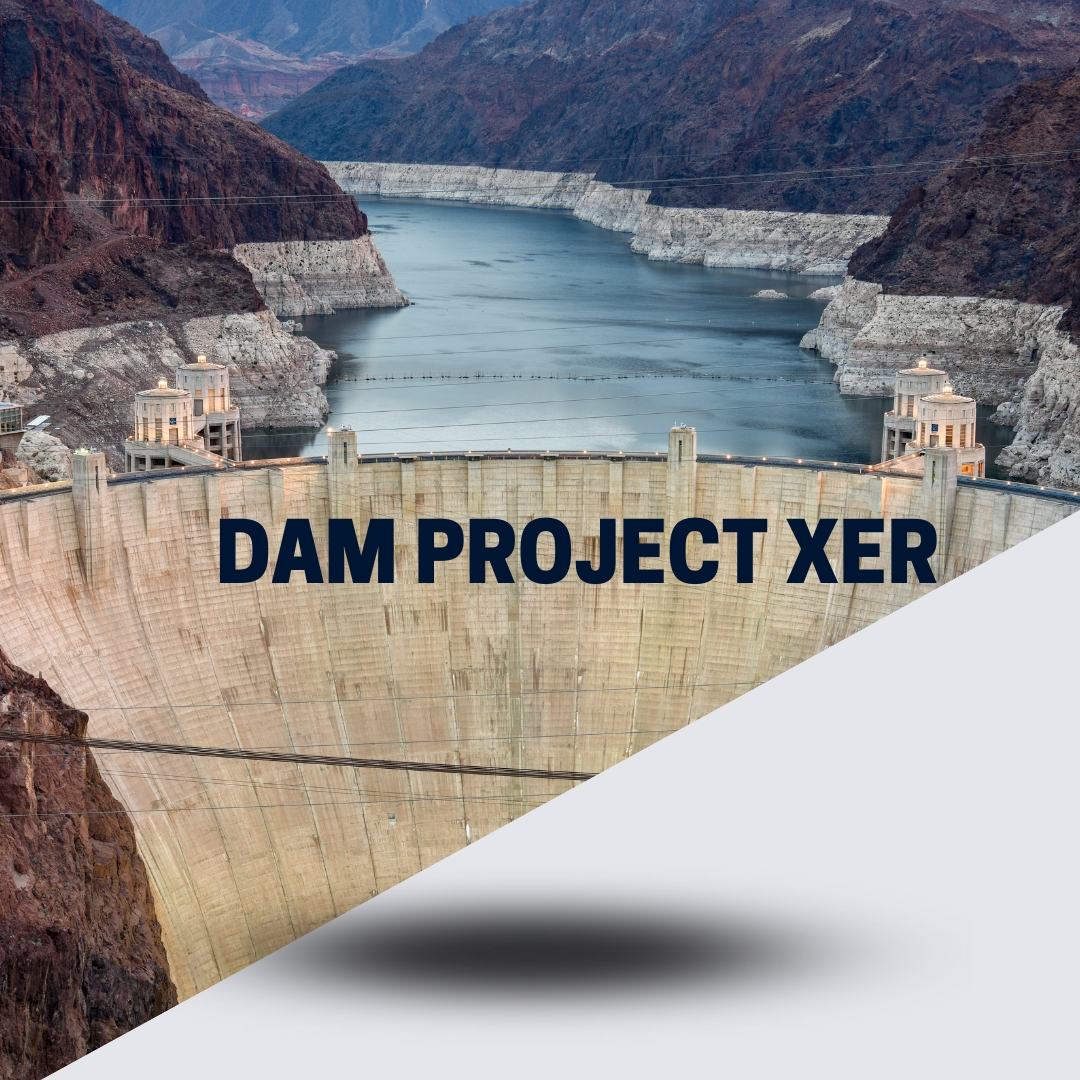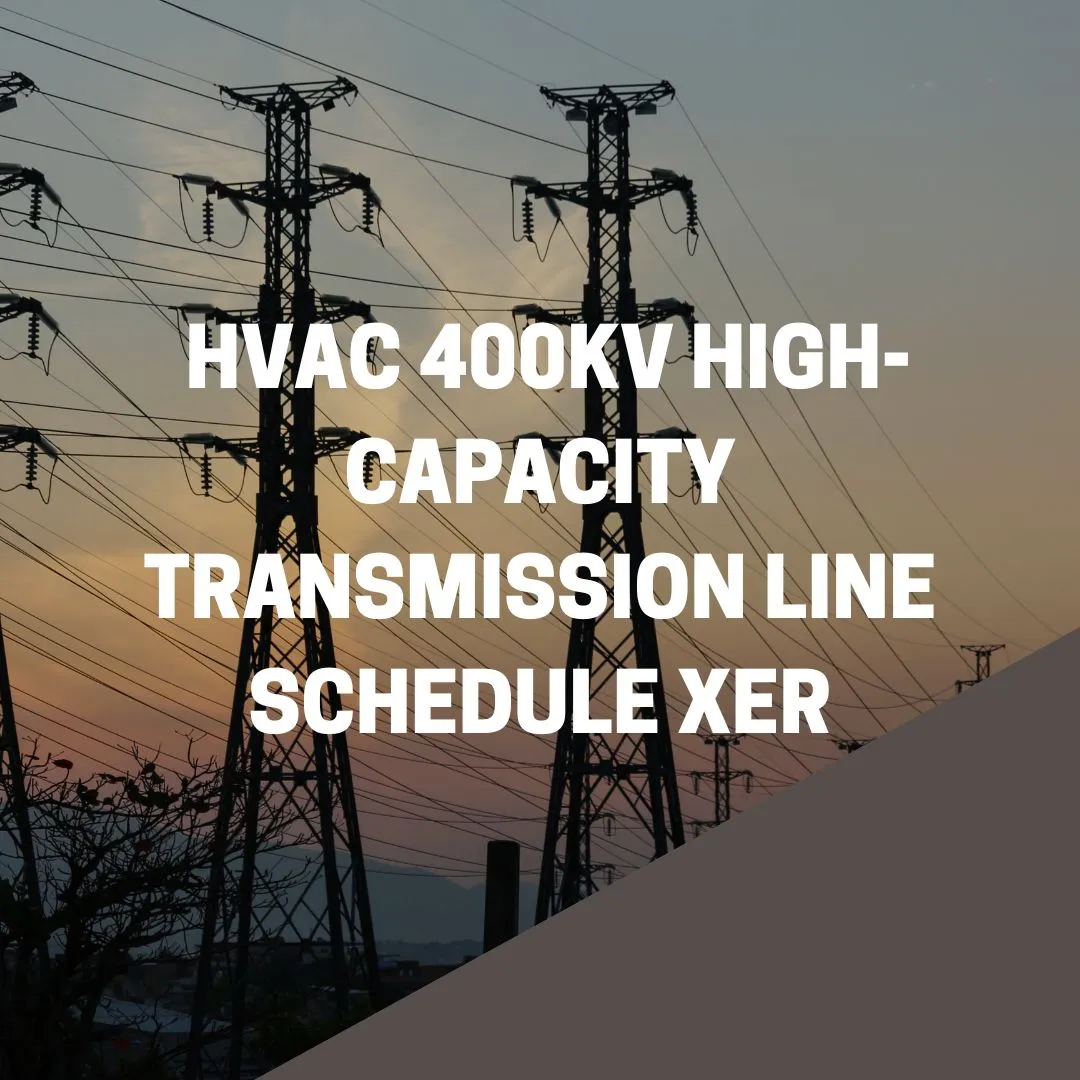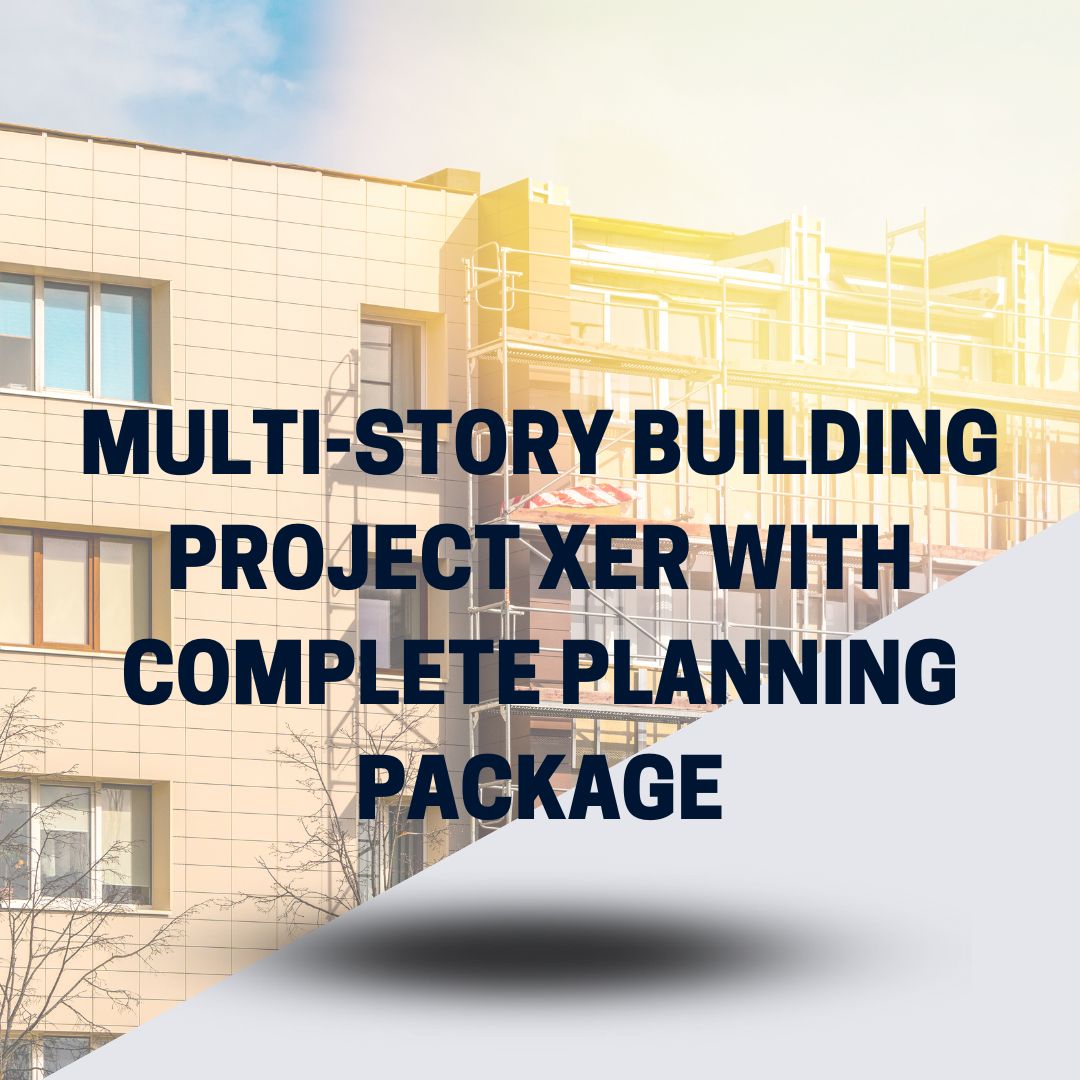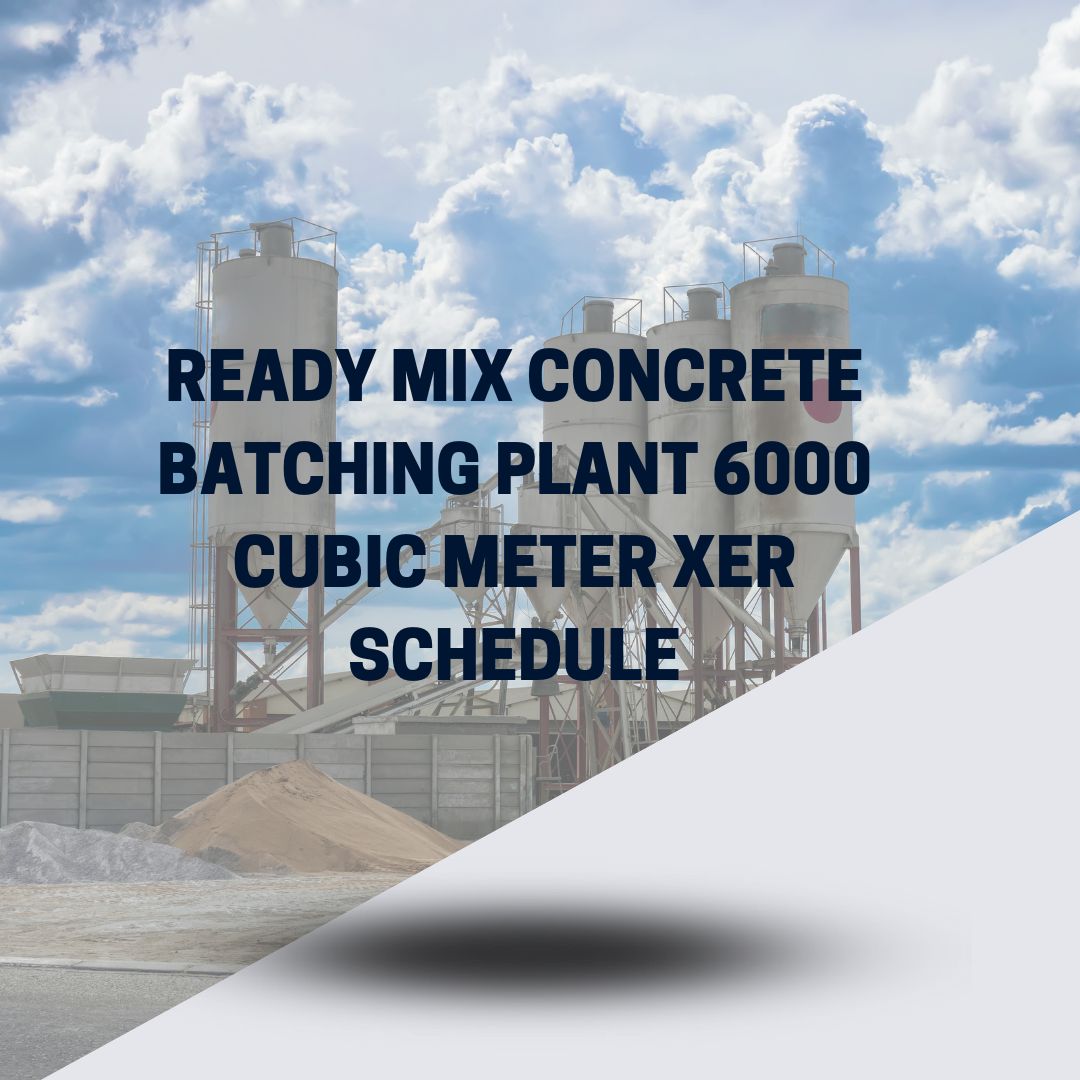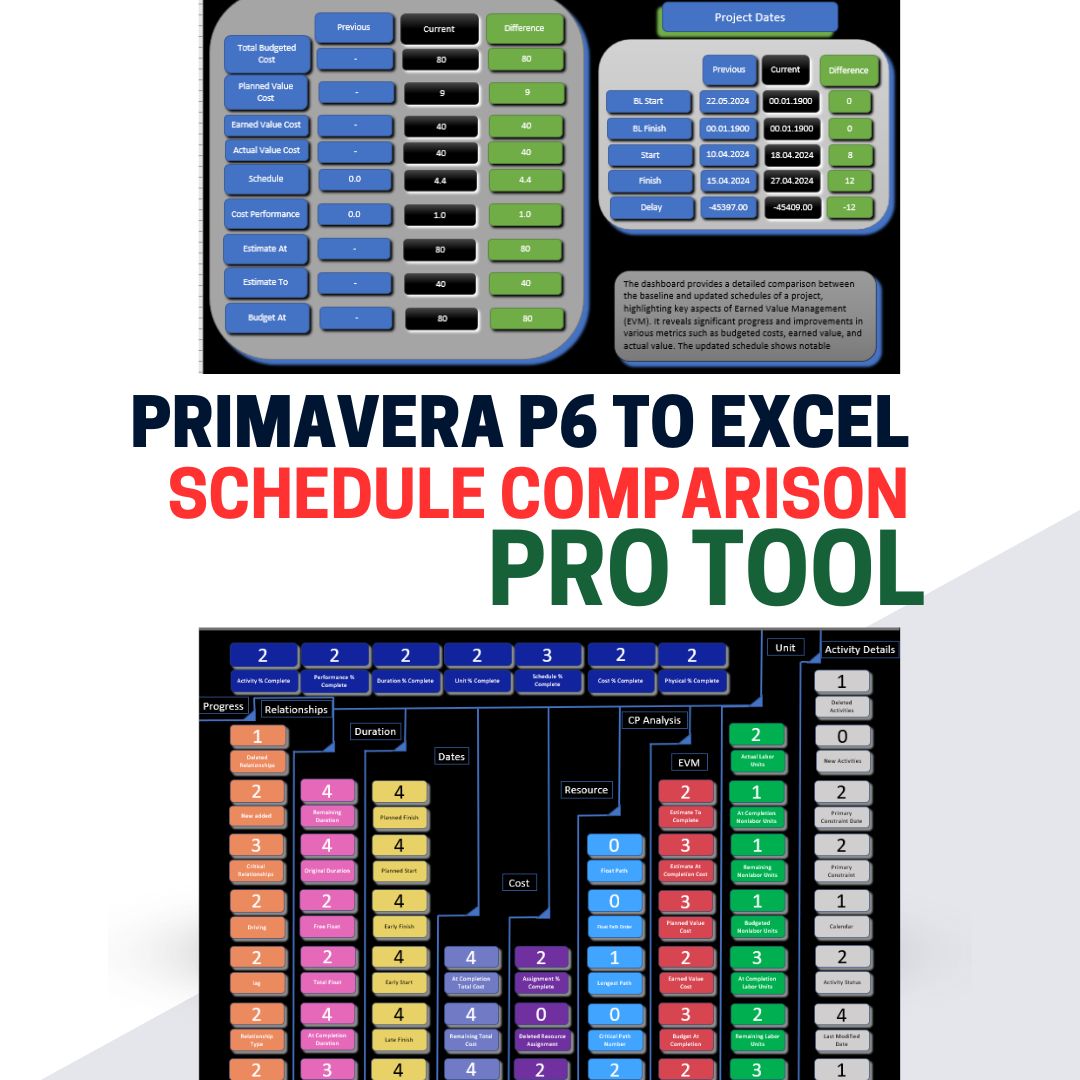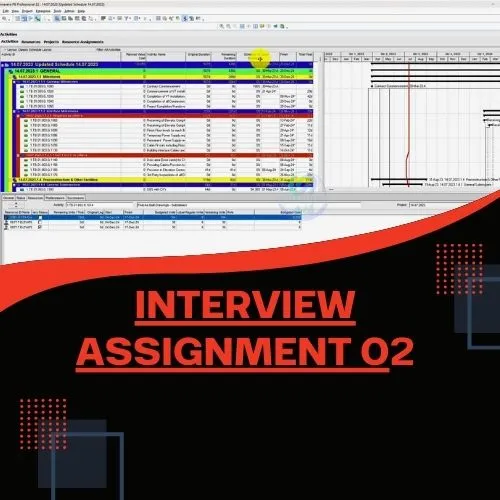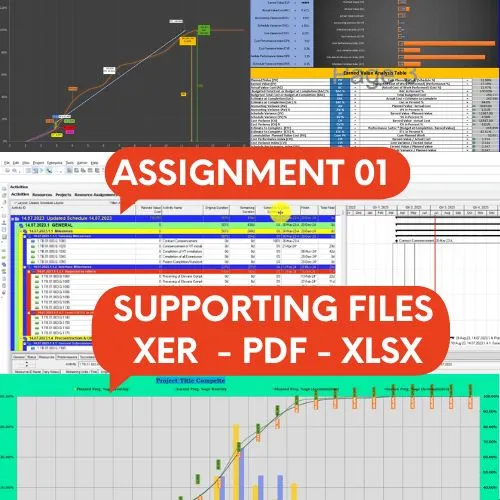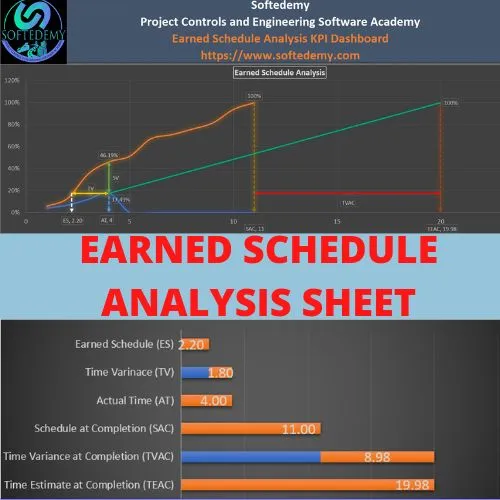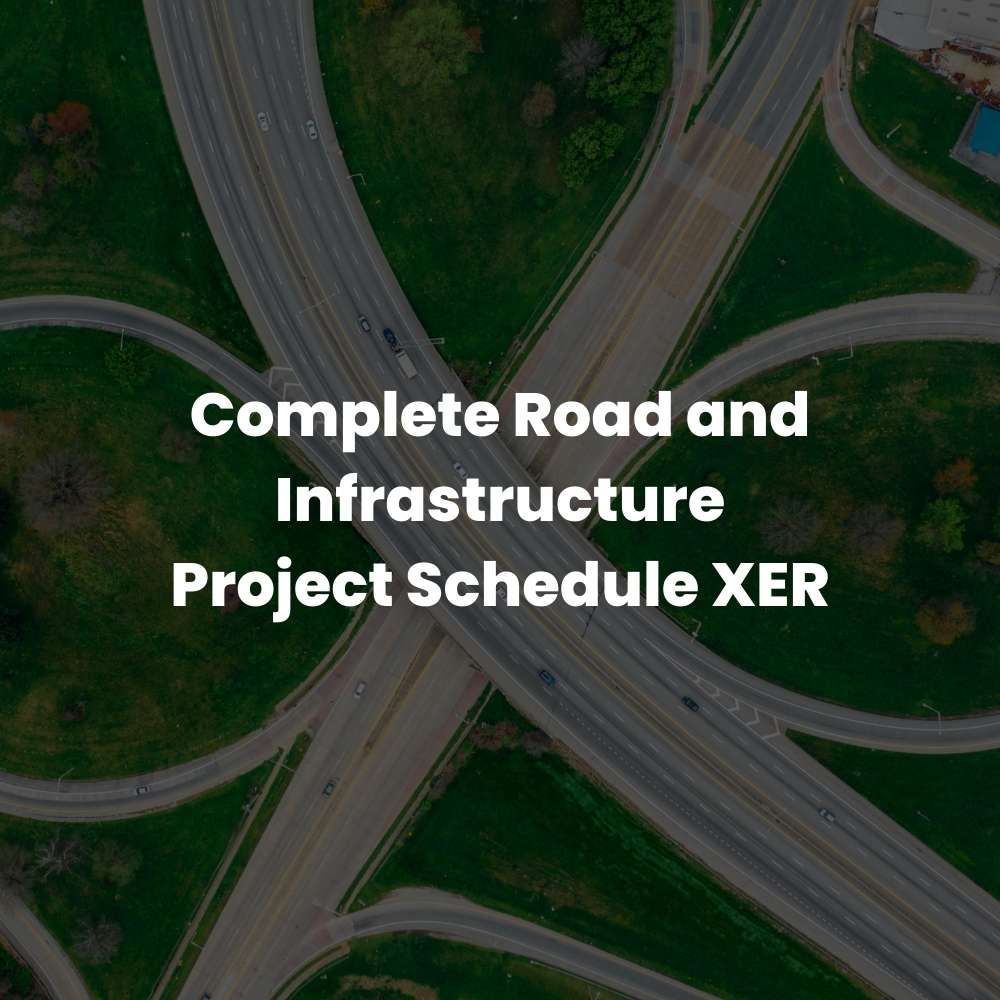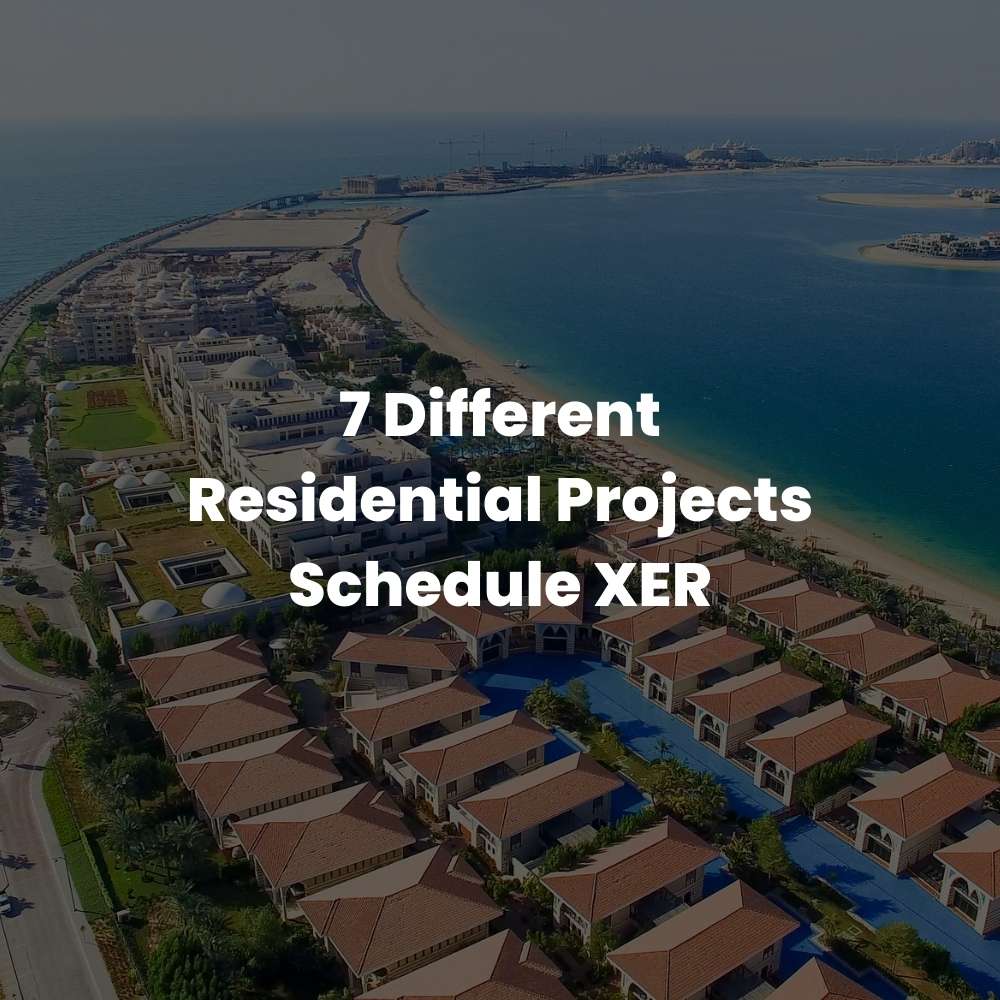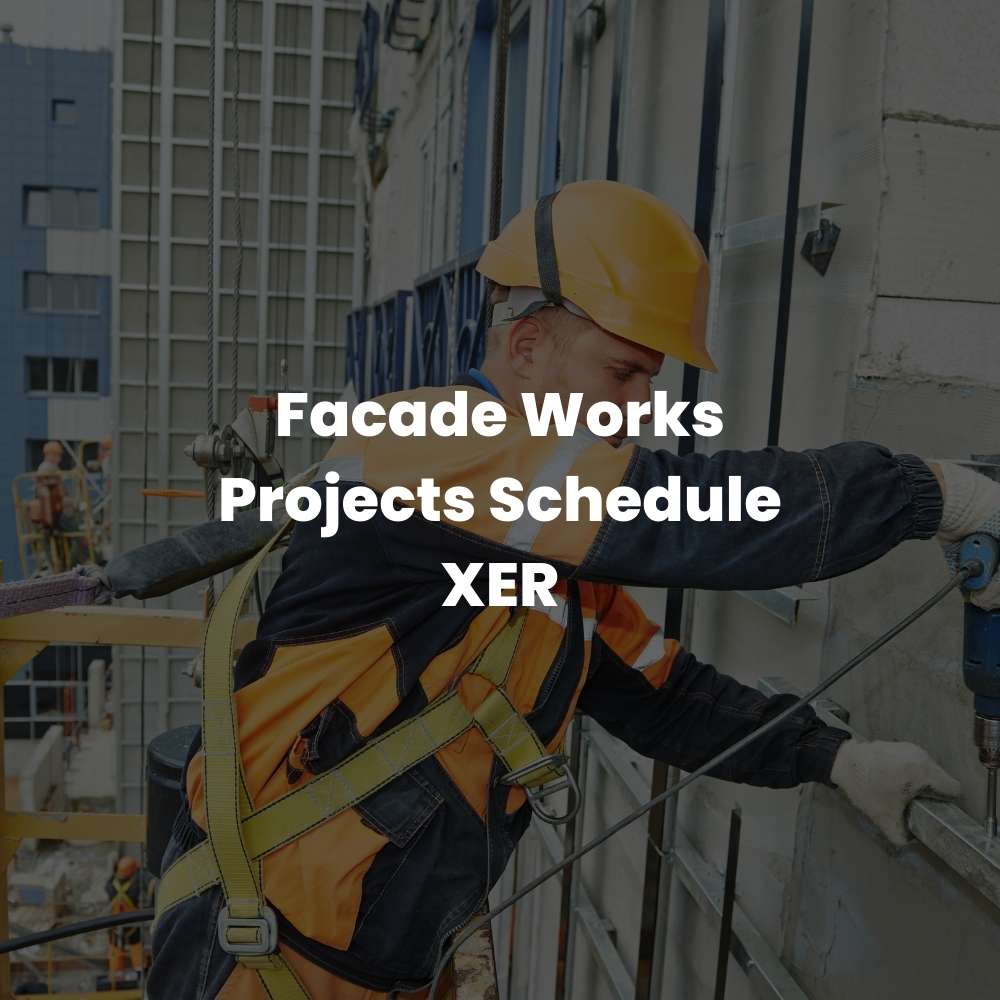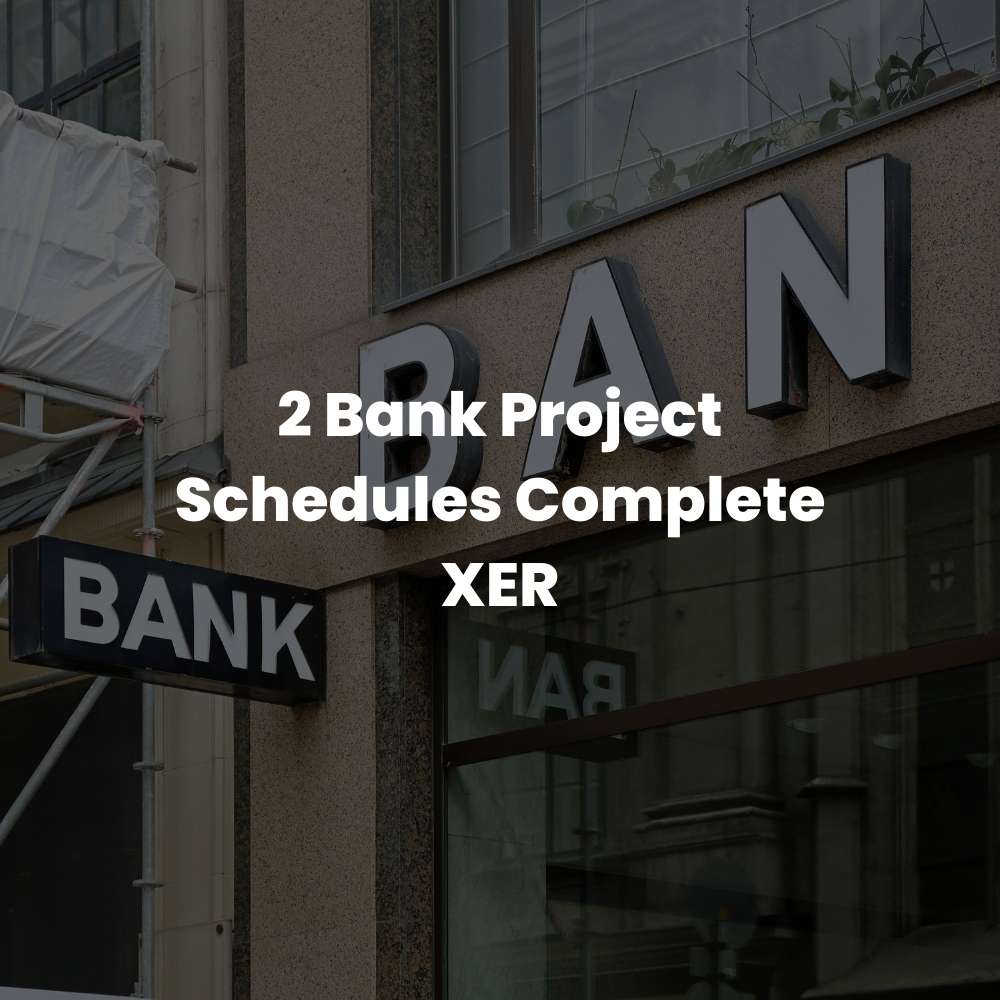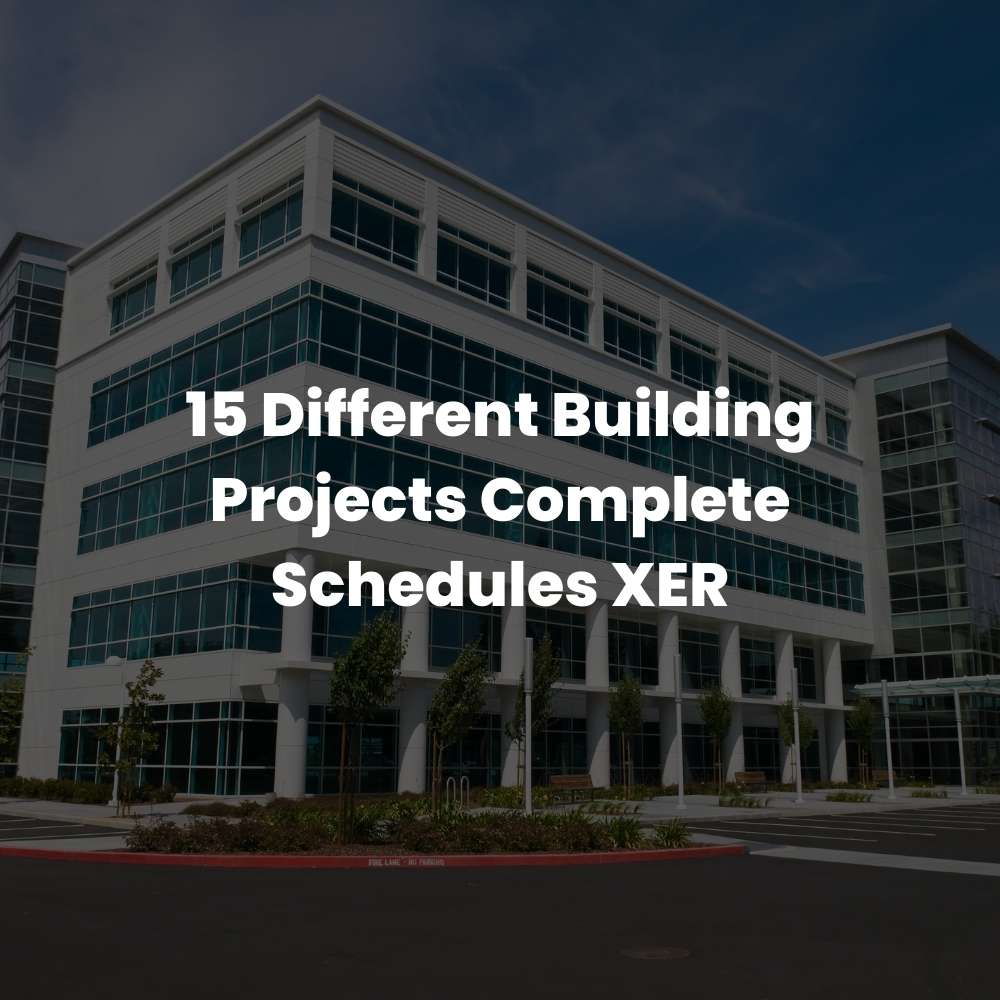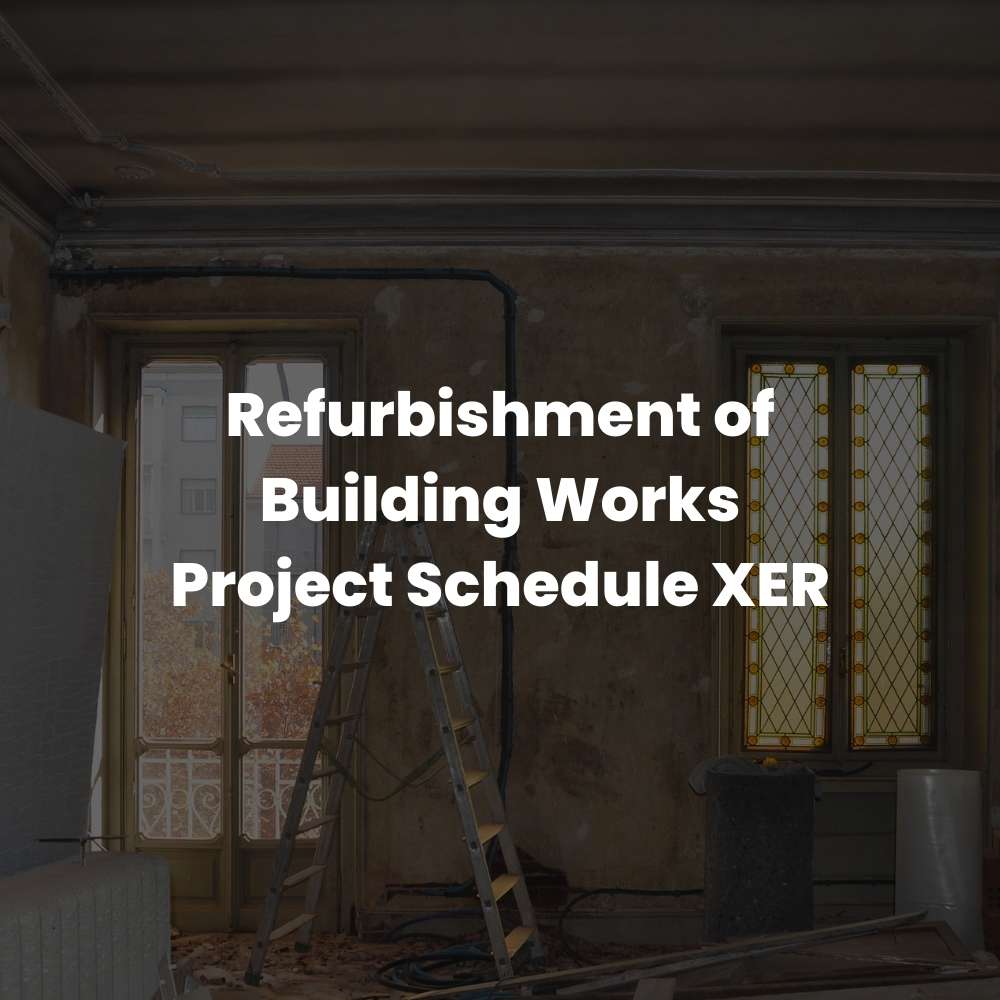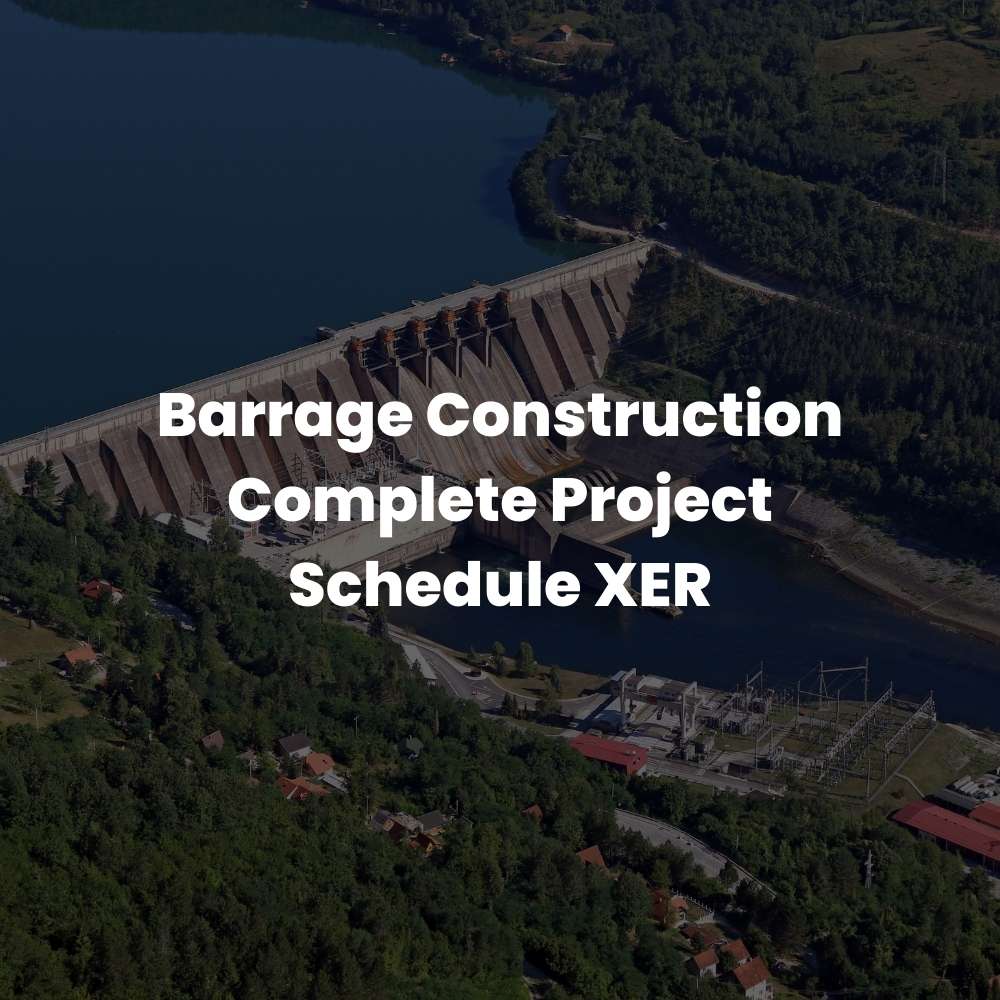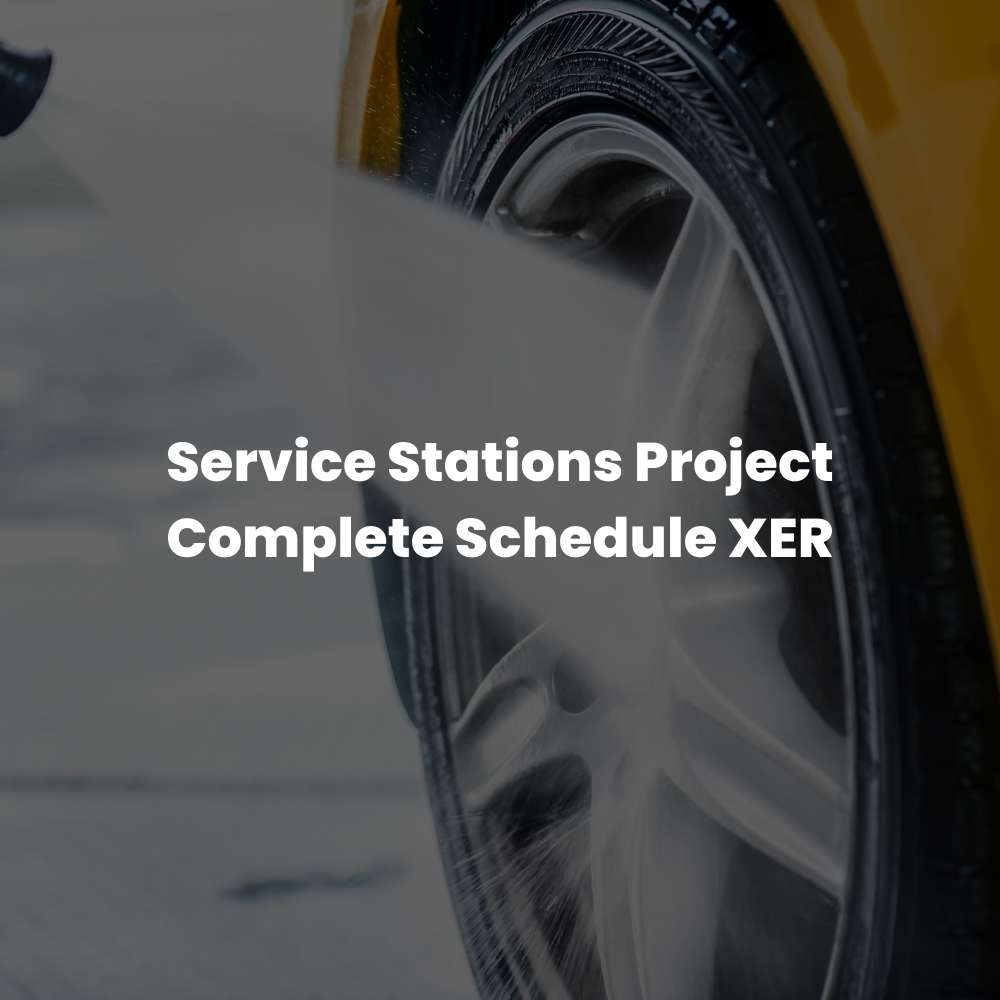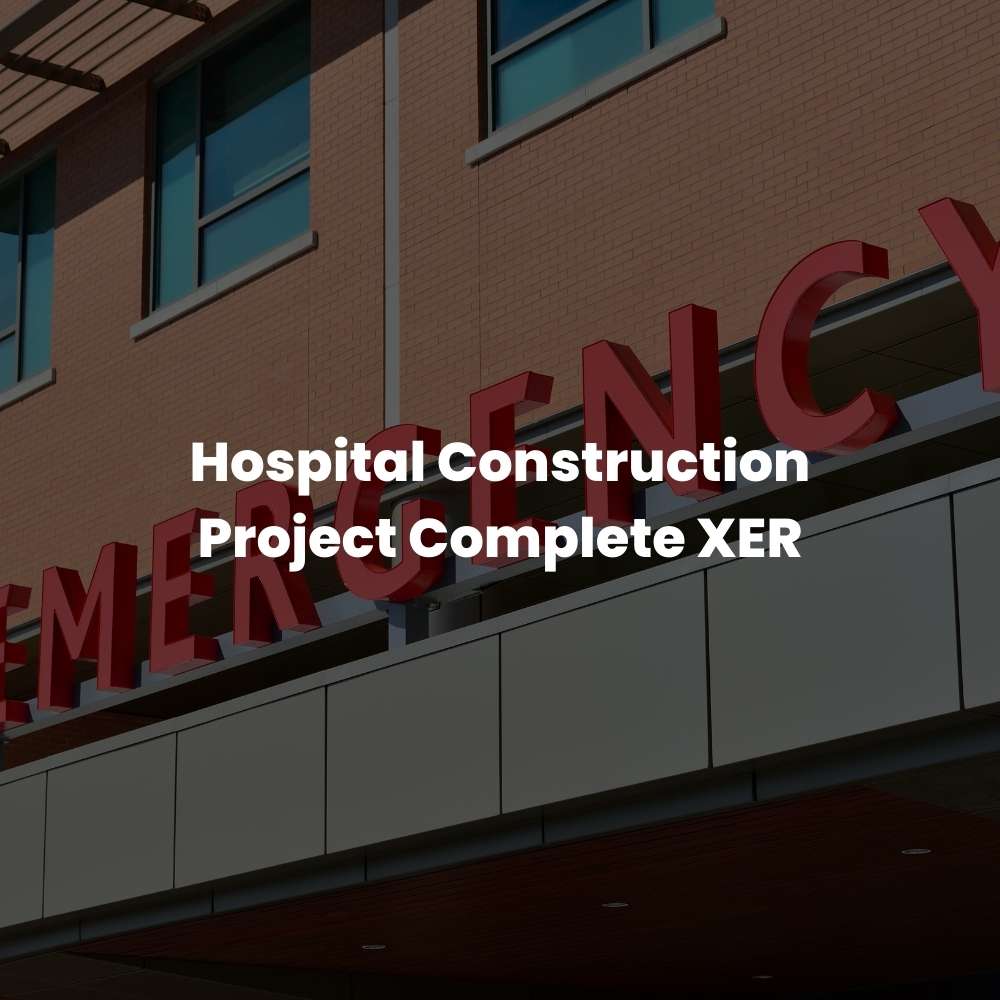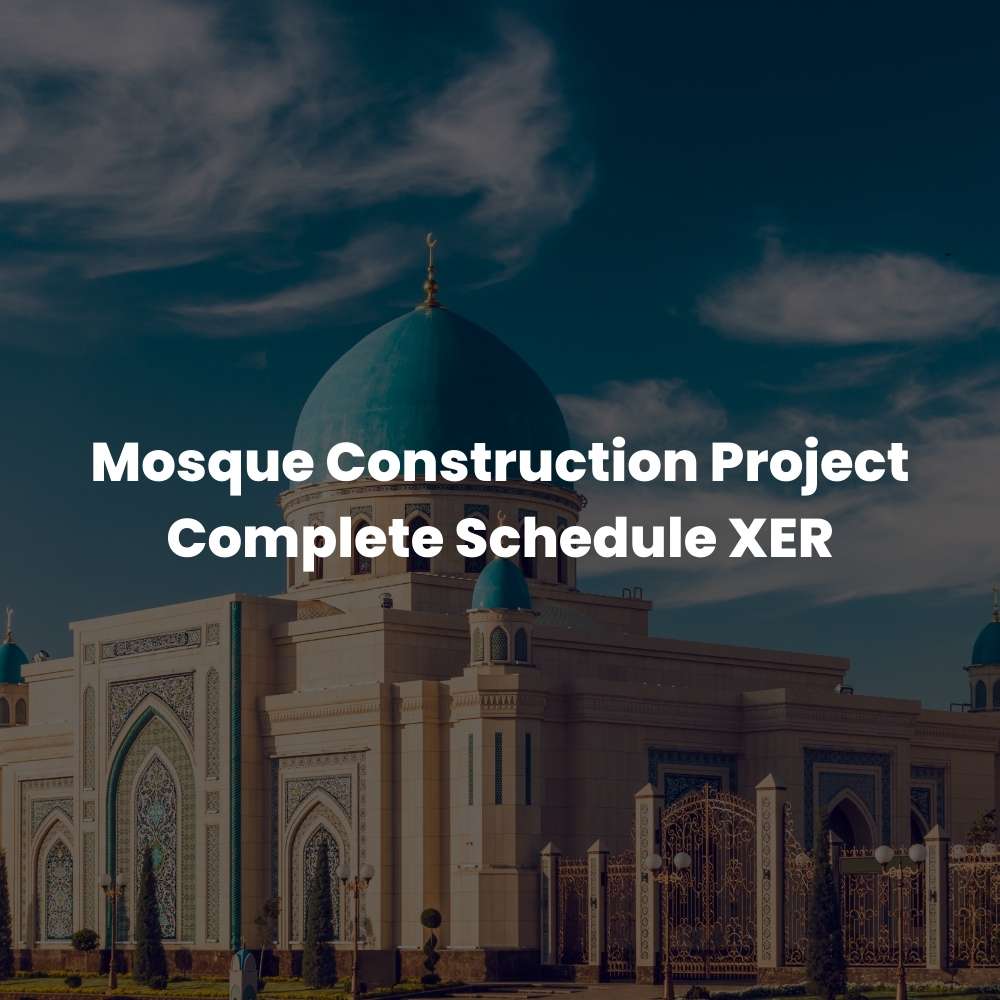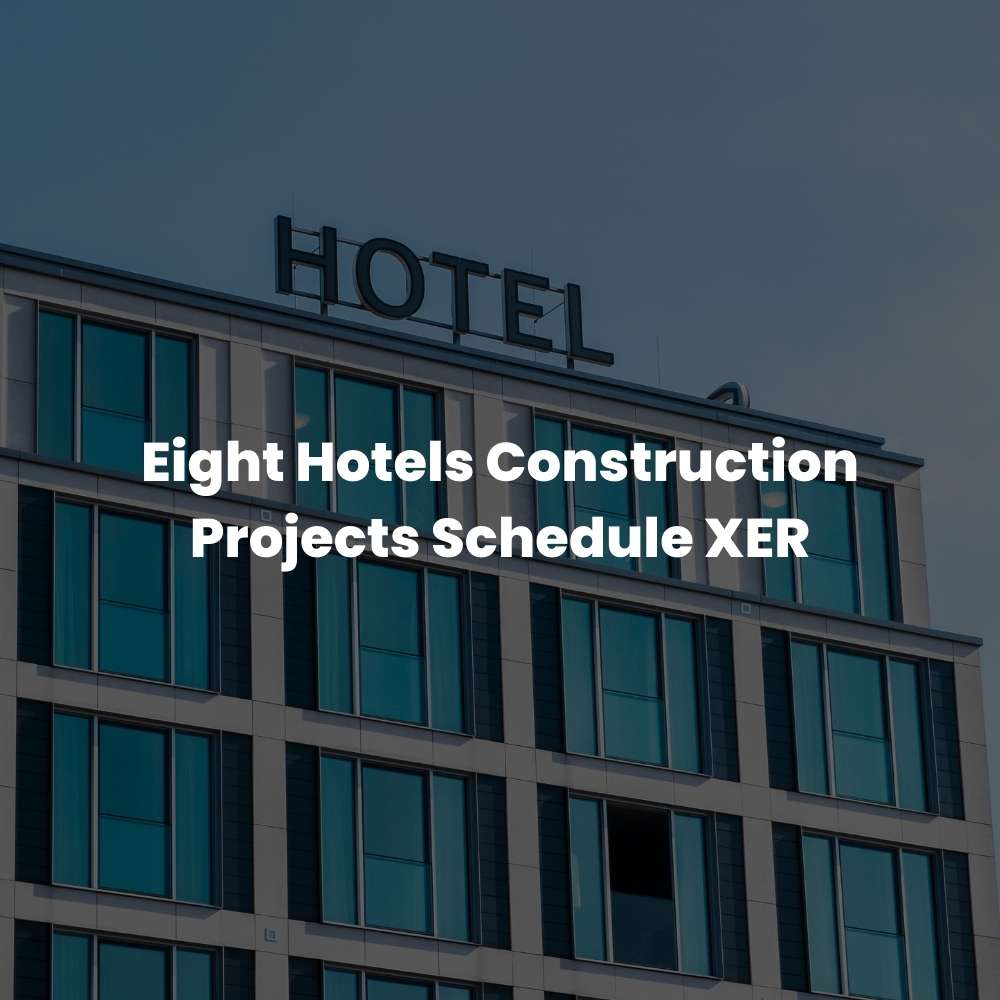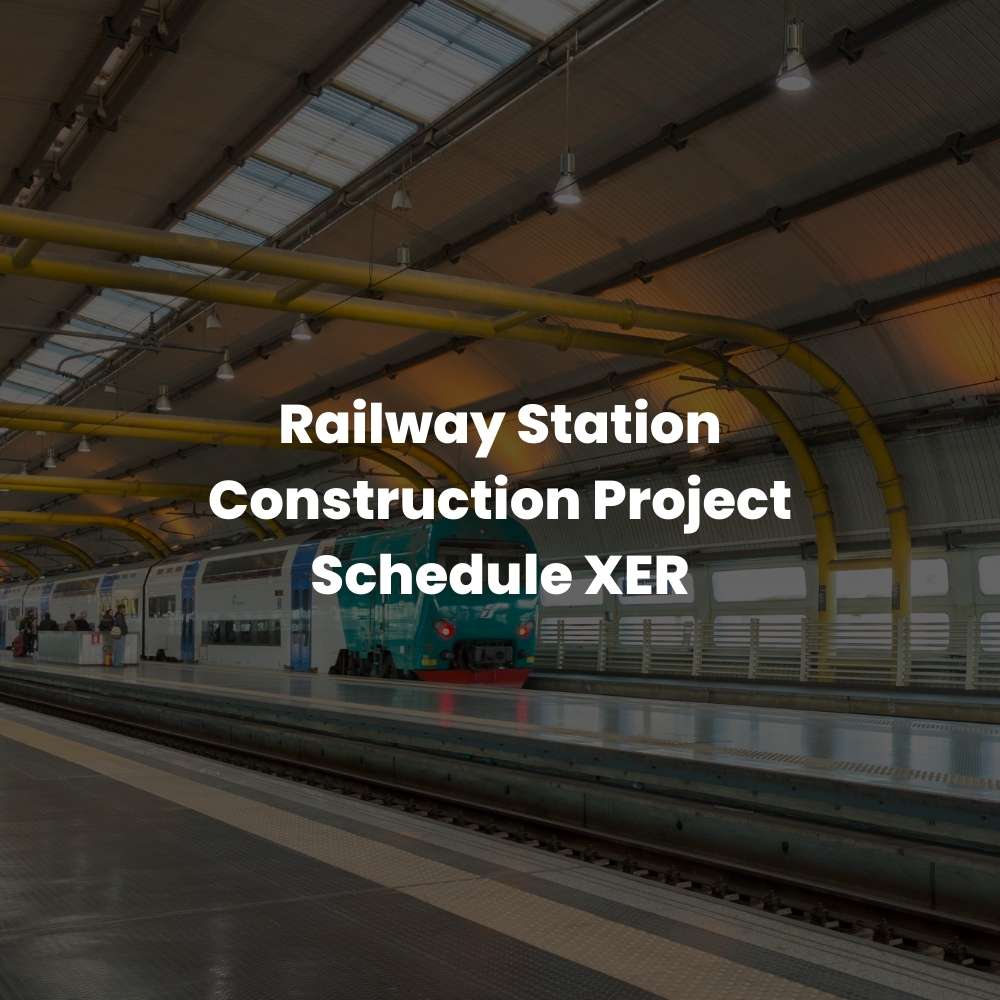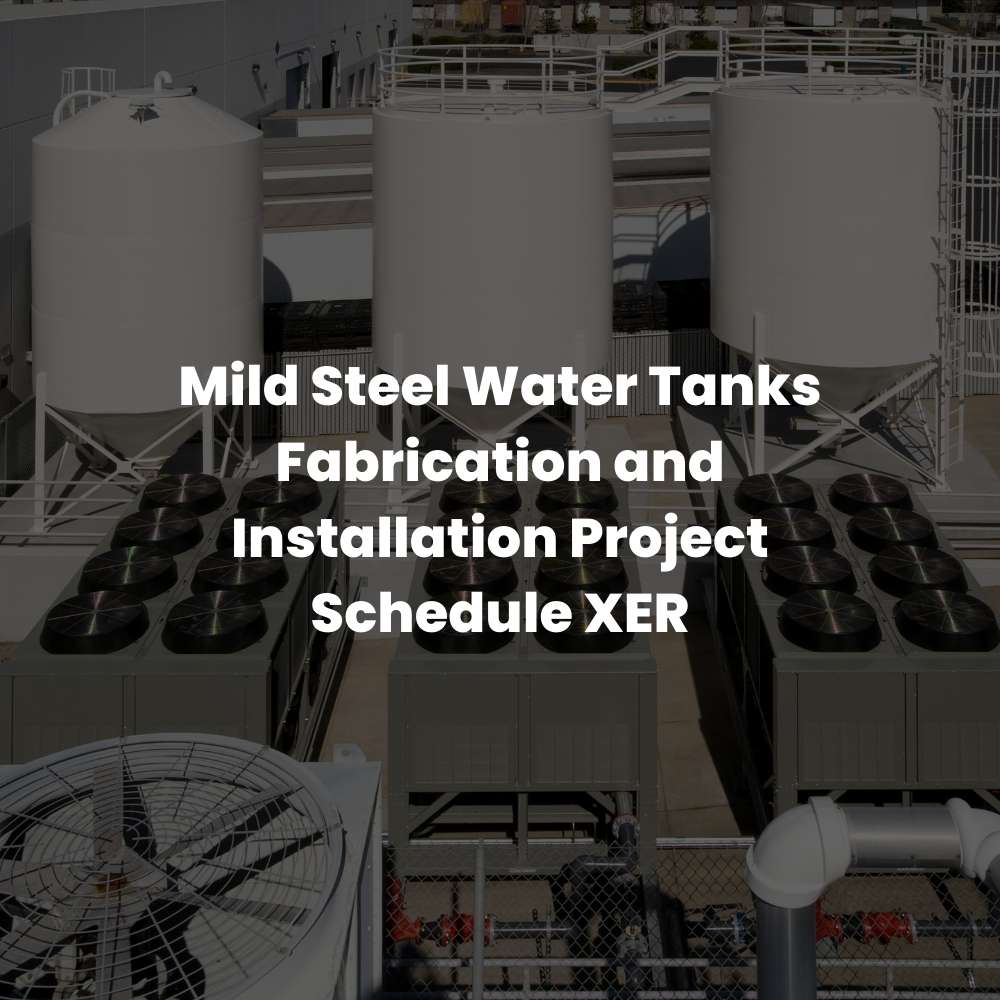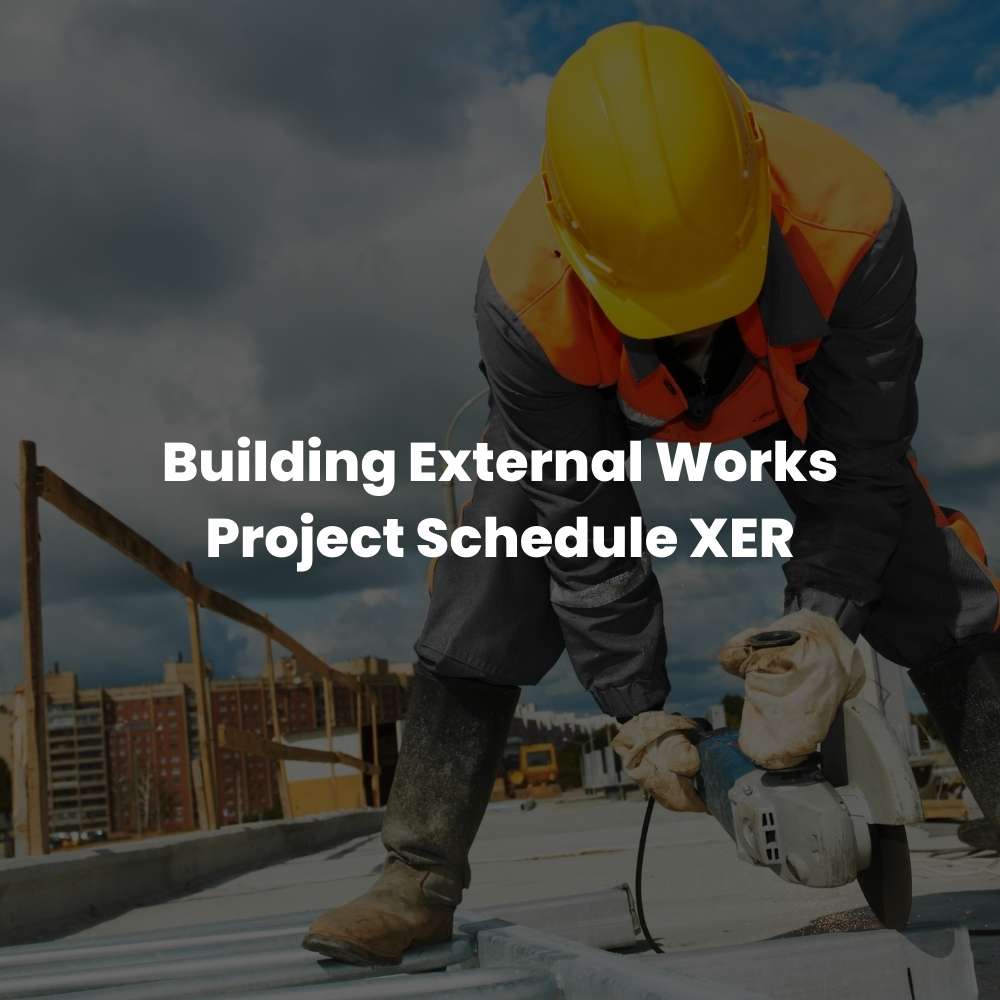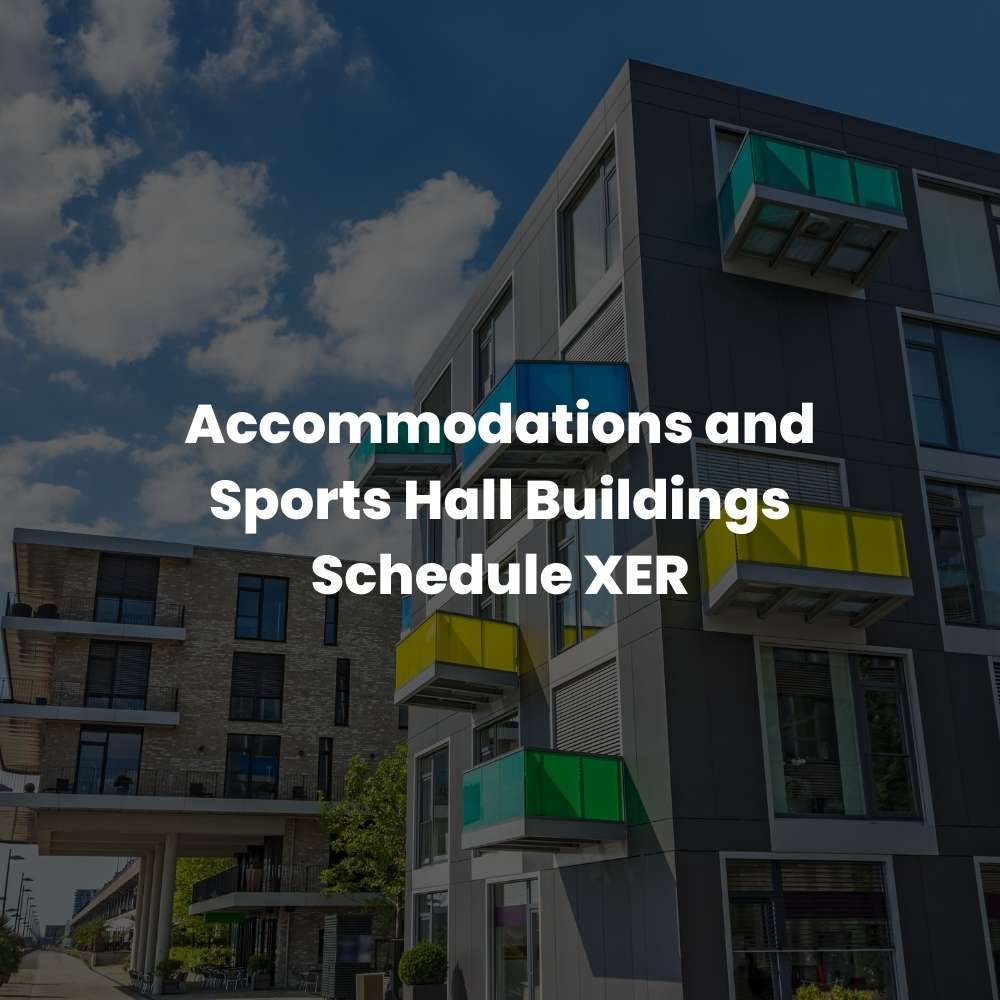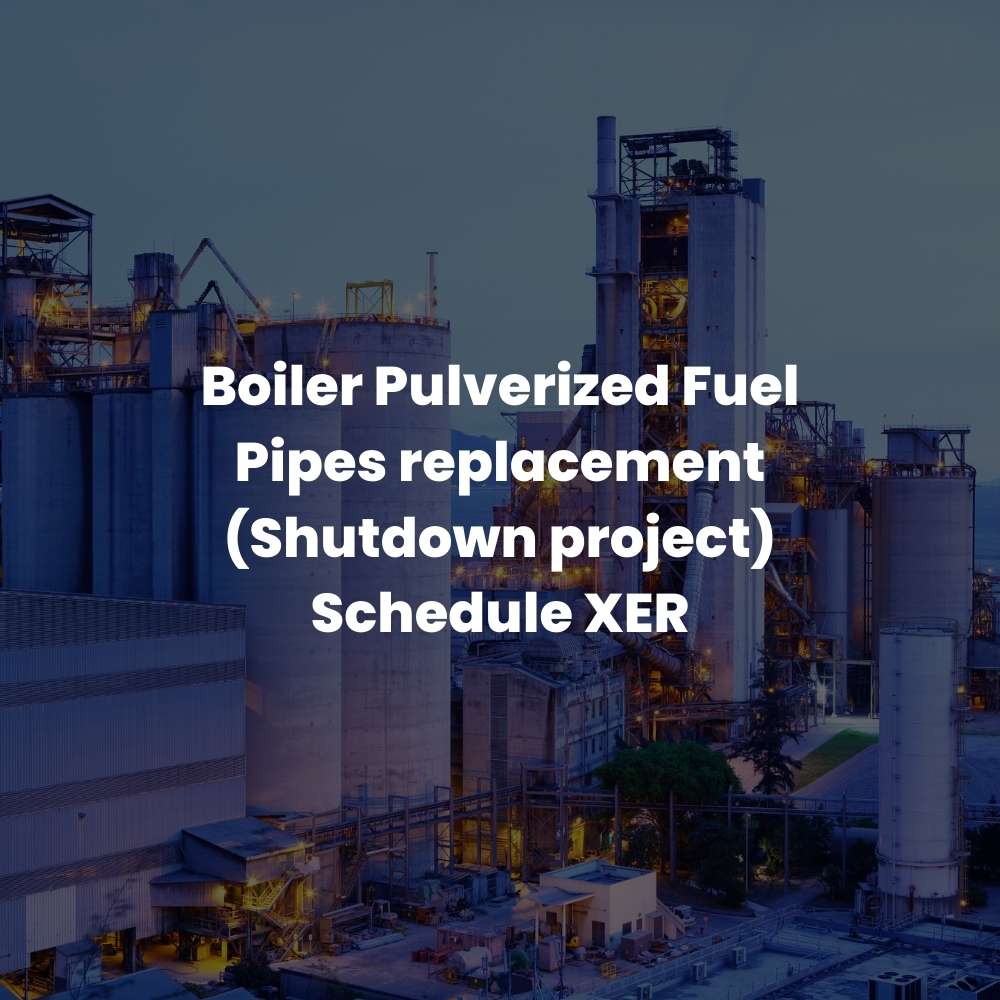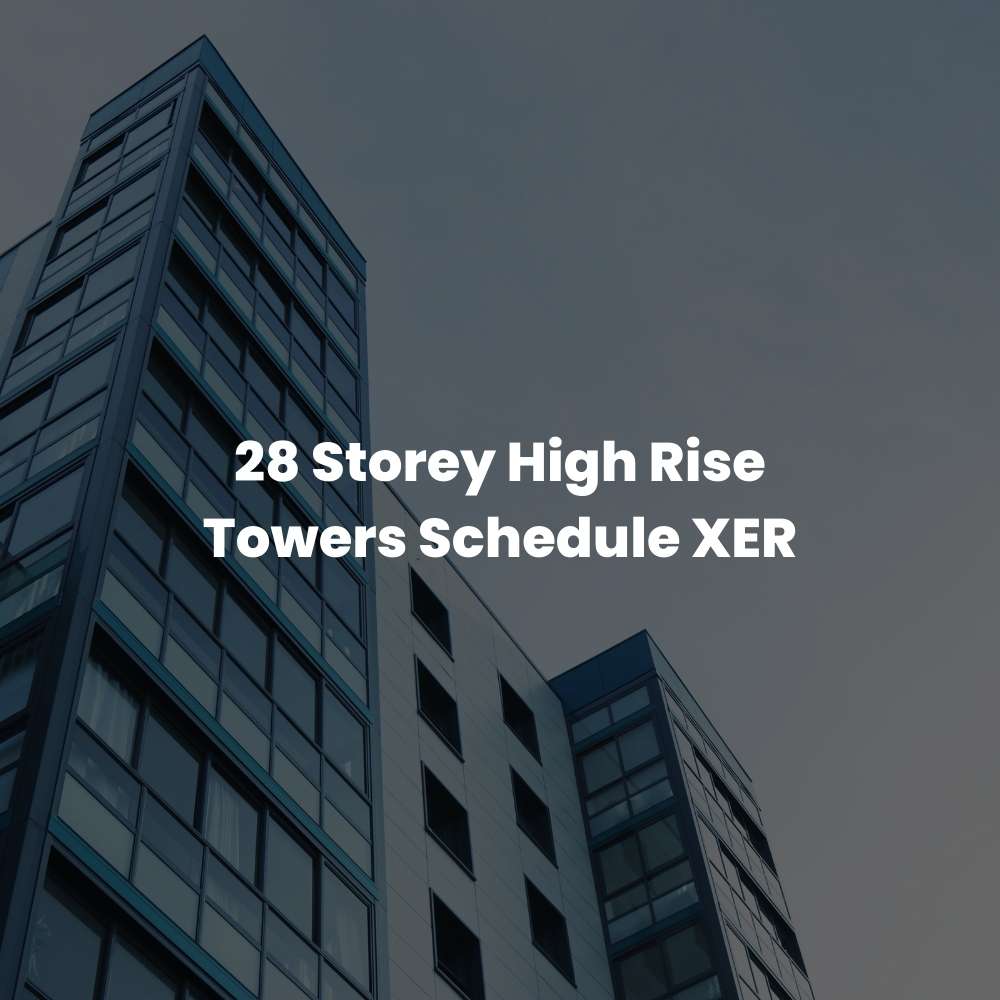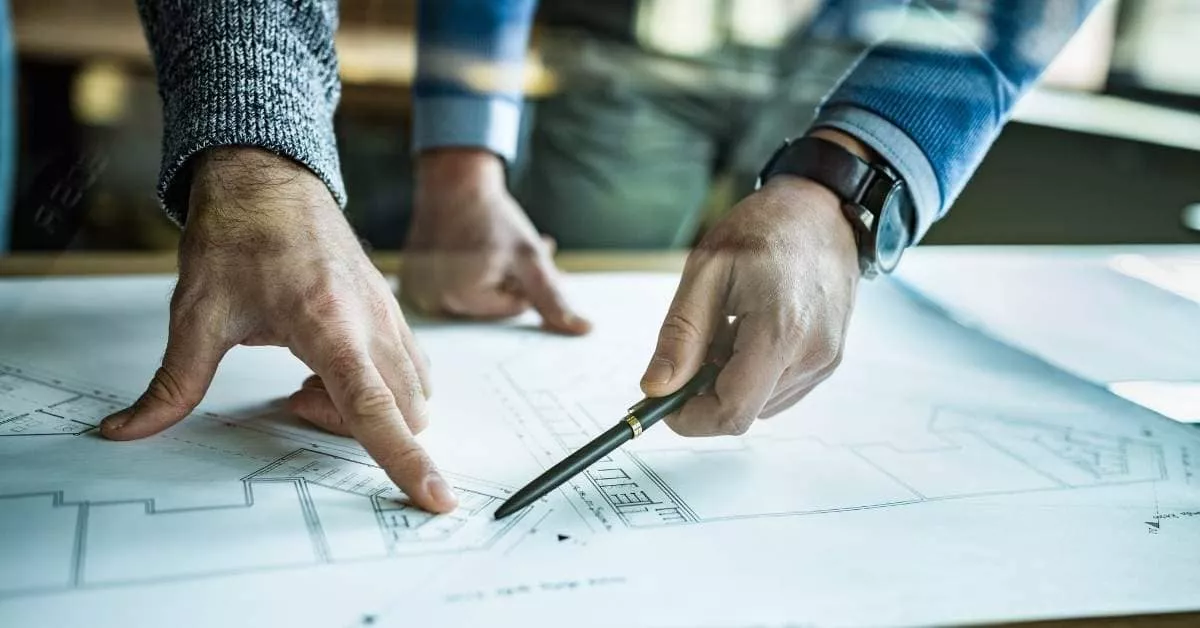
Introduction
There is a lot of competition in the construction Commissioning industry, and it’s essential for you to do everything that you can to ensure that your company stands out from your competitors. Here are the different aspects of commissioning in construction to consider for better project management and customer satisfaction.
Introduction to In-Construction Commissioning.
In-construction commissioning is a process that is performed by a commissioning agent who is responsible for ensuring that the construction is completed in accordance with the requirements of the owner. In-construction commissioning is performed during the construction process to ensure that all the systems are working properly.
In-construction commissioning ensures that:
- The construction process is done effectively, safely, and efficiently;
- All systems work properly before handing over possession of finished building to tenants;
- Project completed on schedule within budget;
- Delivers desired quality product;
- It also helps in reducing suspended work (temporary shutdowns) as well as improving transparency and communication between all parties involved in constructing buildings or structures
Design Process and Engineering Services.
The design process is a multi-faceted approach to the creation of your project by an architect and their team. The services offered during this phase include architectural engineering, structural engineering, and project management services.The Complete Guide to Commissioning in Construction 2022
Architectural Engineering Services
An architectural engineer provides services such as:
- Detailed construction drawings for all components of a building or structure
- Detailed calculations supporting these drawings that demonstrate compliance with building codes and other regulatory requirements
- Design review by subcontractors with respect to quality control issues
Construction Management and Quality Control.
The construction management process and quality control are necessary steps in order to ensure that your project is completed properly. This section will provide a detailed overview of each step in both processes, as well as how they relate to one another.
The construction management process involves managing all aspects of a project from start to finish, including scheduling and budgeting for materials and labor on site. Construction managers also make sure that contractors are completing tasks on schedule by keeping tabs on progress reports from contractors or subcontractors via written correspondence or electronic means (such as email). By overseeing these duties, construction managers ensure that projects move forward smoothly without delays due to missing information or incorrect workflows at different stages throughout its duration.
In contrast with this macro view taken by construction managers overseeing multiple projects simultaneously over many months through years even decades sometimes depending upon complexity level needs etc., quality control personnel focus more narrowly on ensuring compliance with standards set forth within building codes during each stage when things might otherwise go awry due to human error etcetera…
Purchasing and Procurement of Materials and Equipment during Construction Phase.
Purchasing and Procurement of Materials and Equipment during the Construction Phase:
When it comes to purchasing and procuring materials and equipment, the process can get quite complicated. Here are some points to keep in mind:
- Planning is very important in order to make sure that everything is ready when it needs to be. This includes having the right kind of equipment available, having enough people available on time, etc. It also means knowing what you’re going to need at any particular moment—for example, if you’re going through a dry period where no work is being done onsite because bad weather conditions have delayed construction efforts until springtime arrives again.
- In this case, there won’t be any reason why any extra workers would need hiring; however, if there were still plenty left over from summertime projects then perhaps they would’ve been hired on instead just so that company profits wouldn’t suffer too much from having anything going on at all during these dead periods (this could lead us into another topic altogether). You also need adequate budgeting in order for everything else about your business plan (including how much money will be needed overall) so that things run smoothly without disruption from outside forces such as economic downturns affecting consumer spending habits.”
Any construction company that wants to run a successful and smooth business operation needs to ensure that all structures they build meet the set requirements, standards, regulations, and codes in the locality.
Any construction company that wants to run a successful and smooth business operation needs to ensure that all structures they build meet the set requirements, standards, regulations, and codes in the locality.
Commissioning is an essential part of the construction process because it helps ensure that all design criteria have been met including safety issues and environmental concerns such as energy efficiency.
It can also reduce project delays by ensuring that building components are correct before they are used on site or installed in place. This means commissioning is done by verifying that all construction procedures were followed during construction so nothing is missing or incorrect once everything has been built.
Conclusion
As a contractor, it is essential to ensure that your building projects meet the set codes, regulations as well as any special requirements. This will not only help you to meet the needs of your customers but also protect you against any legal issues.

